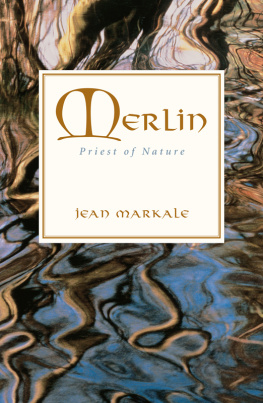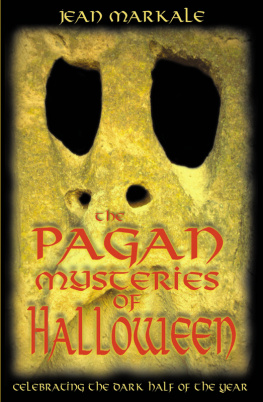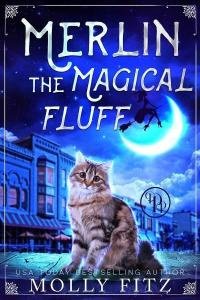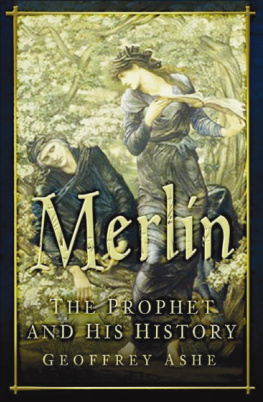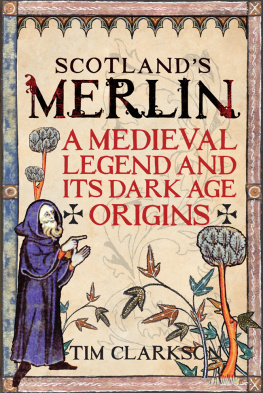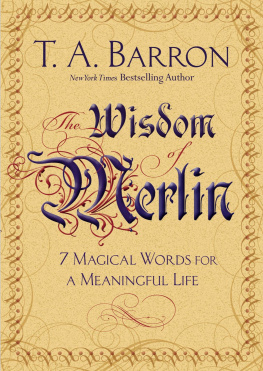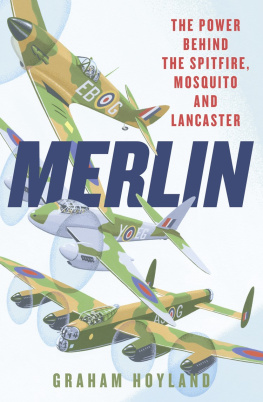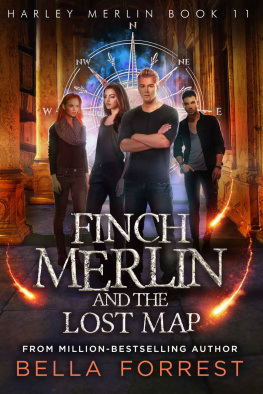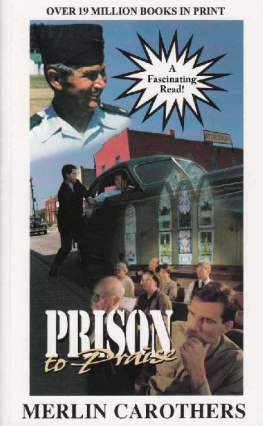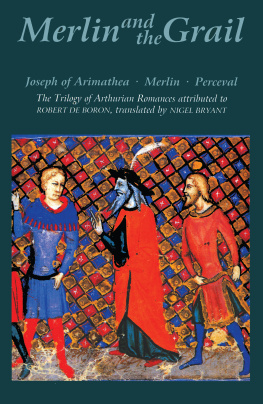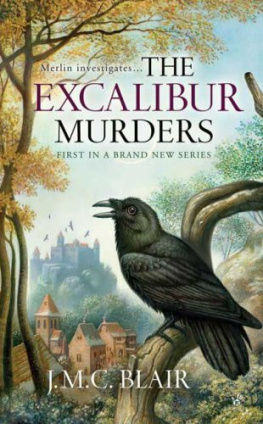CONTENTS
PART 1
(Twelfth to Sixteenth Centuries)
PART 2
PART 3
PART 4
PART 5
PREFACE

Merlin the enchanter is universally known. He has had the good fortune of becoming a popular figure not only through literary texts but also by way of numerous adaptations for children, comic strips, and films in which he appeared with King Arthur and the knights of the Round Table.
But that does not mean that one really knows this exceptional figure. For the most part, the source of all the adaptations has been the English text of Thomas Malory who, drawing upon various sources, recapitulated in Le Morte dArthur, sometimes brilliantly, the great fantastic epic of the Arthurian knights. The text of the version called Lancelot in Prose has been equally useful, particularly in its development of the enchanters love affair with the fairy Vivian. We know neither the real person who gave birth to the legend and in whose name we possess poems in the Welsh language, nor the original form of the legendthat of the Wild Man, the man of the forestthat contains all the recollections of an ancient mythology linked to Carnival, to Gargantua, and ultimately, to druidism.
Moreover, confusion has arisen from the different adaptations. Merlin has been considered a simple sorcerer or magician, when in fact we are dealing with a divine representation. Especially among the French public, the belief still exists that Merlin is a character from folklore whose domain is the forest of Paimpont-Brocliande in Armorican Brittany, when in reality he is a native of the Scottish Lowlands. Having had occasion to write a dramatic text on the forest of Brocliande for French televisions, and having myself played the role of Merlin in this evocation, I was struck by the ignorance of our contemporaries as to the precise role and significance of this fabulous (in the proper sense of the word) figure who far surpasses the amusing profile that we are sometimes offered.
Indeed, Merlin is often considered to be an entertainer, a joker who passes his time playing tricks on others and who, one day, falls victim to female perfidy, allowing us to draw conclusions of a moral nature such as: woman is more cunning than the devil, or the shrewdest man always finds someone shrewder than himself. In these circumstances, it must be said, Merlin the enchanter can hardly be distinguished from those magicians of comedy who are seen hovering about in many animated cartoons. Merlin, however, represents something very different, andno play on words intendedhe is a terribly spellbinding character for those who want to know his ultimate essence.
This is why I believed it necessary to present an image of Merlin that, without being definitive, aimed to be as complete as possible. To accomplish this, it was sufficient to refer to the oldest and most characteristic texts that relate his adventures. Starting from that point, it was possible to go into greater depth and while analyzing the personage, proceed with the necessary cross-checking and comparisons.
For Merlin was not an isolated case in the great wave of legends that arose from the Middle Ages. Actually, he belongs to no particular time or era if one considers only the legendary figure. Following history closely, however, we find that he lived in the sixth century among the Britons of the norththat is, the Celtic peoples settled in the present Lowlands around Glasgow, authentic Britons who fought to preserve their independence in the presence of the Saxon invaders. How did this actual history, which later fell prey to legend and was embellished by mythological additions, cross the ocean? And how did it become localized in Armorican Brittany, halfway between Rennes and Vannes, in the last vestiges of the immense forest that once covered the entire center of the Armorican peninsula? The explanation is simple. First of all, there are political reasons. When the Plantagenets dominated Britain and a portion of present-day France and aspired to extend their empire over all of occidental Europe, they had a need for mythic support. Faced with the chansons de geste, the letters patent of nobility of the Capetians, they wished to develop the legend of a King Arthur, master of Great and Little Britain, glorious conqueror of the continent. And was not Merlin the counselor of King Arthur? And second, with relations between Great Britain and Armorican Brittany as continual in the Middle Ages as they were in ancient times, and the British language nothing more than a variation of the Welsh or the Cornish languages (also the inheritors of ancient Brythonic), traditions moved back and forth across the English Channel. It is utterly logical to find identical or analogous mythological and legendary themes in one or the other region. The absence of such confluence would be astonishing.
It was necessary, therefore, to place Merlin in a historical context and at the same time in the literary, cultural, and political context of the elaboration of his legend. Thus were drawn the principal features of the character of one of the most famous figures of tradition. Merlin is, indeed, unique and multiple: he is the enchanter, of course, but he is also the prophet. What is less well known is that he is also the madman of the forest, the Wild Man, the master of animals, the sage par excellence, who succeeds in rediscovering the purity of mythical times when humans lived in peace with the lower orders, the mythical times of the Golden Age or of biblical Eden.
The figure of Merlin lends itself to numerous commentaries. He interests us not only from an archaeological or literary point of view, or from the point of view of a dilettante, but also and particularly from the philosophical point of view. He represents, in fact, a certain conception of the world and of life. His behavior might be the exemplary model for those who in the twentieth century are endeavoring to reconcile man and nature. By taking refuge in the heart of the forest, or by agreeing to go to the invisible prison of the fairy Vivian, Merlin withdraws completely. He separates himself from the society of his time and affirms his discovery of a new reality, a new alliance. From this it is evident that Merlin, who is taken for a madman, is in fact a sage. Furthermore, he has also acquired a knowledge of the language of animals, a knowledge given only to rare initiates in our time, although it was formerly common, as the popular tales of the oral tradition of our countrysides confirm. When we know the language of animals we can make a pact with them. Moreover, we are able to understand the mysterious language of nature, to know what it is that nature expects of us. For nature does speak to us. But in our industrial civilization, based totally upon logic, science, and profit, and in our urban civilization completely cut off from its essential roots, which are, however, the source of humanity, we no longer know how to listen to nature, no doubt because we no longer understand her language.
Merlin knows this language. Is Merlin an ecologist? Without any doubt. He knows that the world can continue to exist only if the connections between beings and things, delicate connections in an equilibrium that is constantly being challenged, are fully respected. For this reason it is good to evoke Merlin and to have him tell us, in very simple words, which roads lead to the future. He is a prophet and can, in a certain sense, show us what our human condition can be if we are able to rid ourselves of the consequences of our pride in wanting to rule the world. Is he a magician? Without any doubt, but an authentic magician who teaches all of our contemporaries that the ways of wisdom are perilous and that often they behave like apprentice sorcerers, not to say charlatans.

